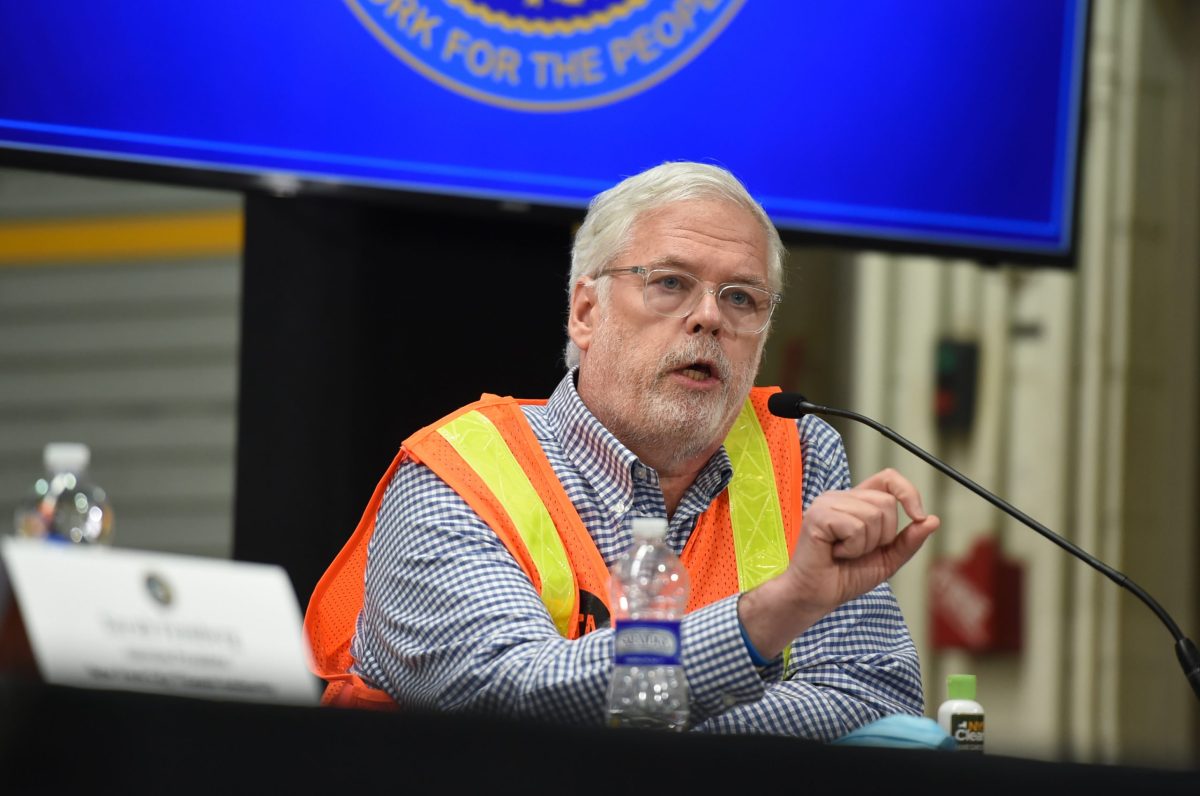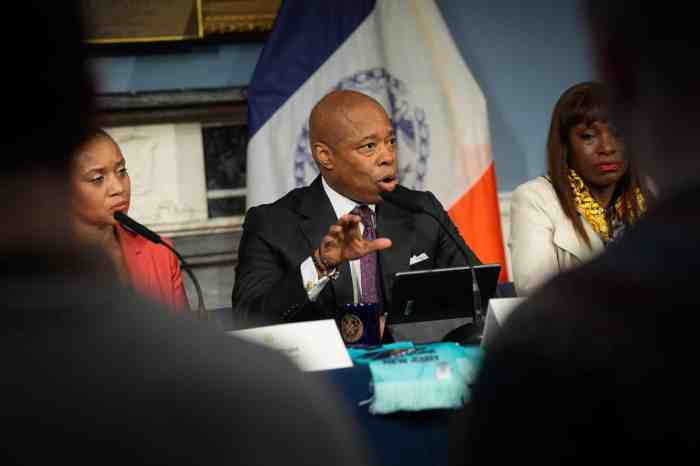BY PATRICK J. FOYE
With New York City reopening and ridership on mass transit gradually increasing, it may seem like the MTA is back on track after the most difficult chapter in its history. More than two million daily riders are using the subway and buses, with Long Island Rail Road and Metro-North also seeing progress, though on a much smaller scale.
This is good news, but the reality is – our financial situation is a four-alarm fire. The MTA is facing estimated losses of more than $10 billion over the next 18 months. Without significant federal relief, we’re left with unappealing options to fight the flames on our own.
If Congress doesn’t deliver another $3.9 billion in federal aid, we won’t survive the impact of precipitous COVID-19-related declines in ridership and the huge loss of economically-sensitive taxes and subsidies that we rely on.
To address the pending fiscal calamity, the MTA could borrow to pay operating expenses—the equivalent of borrowing to pay the grocery bill. But pursuing this path doesn’t bring a meaningful benefit, like a new fleet of train cars, for example. It would just keep things running at a cost of up to $500 million dollars a year—money that we frankly don’t have– just to pay borrowing costs.
Another choice is to gut our historic $51.5 billion 2020-2024 Capital Plan. While this would give us solvency in the short term, the long-term impact is devastating. It would force us to sacrifice resignalling the subways, increasing ADA accessibility, and other vital state of good repair work in favor of operating needs, perpetuating a cycle of disinvestment that has resulted in the outdated system we are trying desperately to improve today.
Wage freezes, reducing non-personnel expenses such as controllable overtime and consultant spend, and scheduled fare and toll increases are also on the table. The last resort would be to cut service and personnel.
An urgent infusion of federal aid is the single best option for relief. I’m grateful for the hard work of the New York delegation—particularly Senator Schumer, Chair Lowey and Representatives Espaillat and Jeffries—in passing the CARES Act back in March, which provided $4 billion to the MTA. But we’ve already drawn down more than 72 percent of those funds with half a year left. In short, we need more federal help. Now.
It’s not hyperbole to say that the MTA’s very survival depends on the willingness of Congress to act, and act quickly, to approve another $3.9 billion in assistance to get us to the end of this year. The House, in the HEROES Act, already stepped up for mass transit. Now we need the Senate to follow suit. This is not a partisan issue. Public transportation will be the engine that powers our recovery, locally and nationally. To let us flounder would needlessly jeopardize the nation’s economic future. We can’t afford to let that happen.
Foye is chair and CEO 0f the MTA.


















